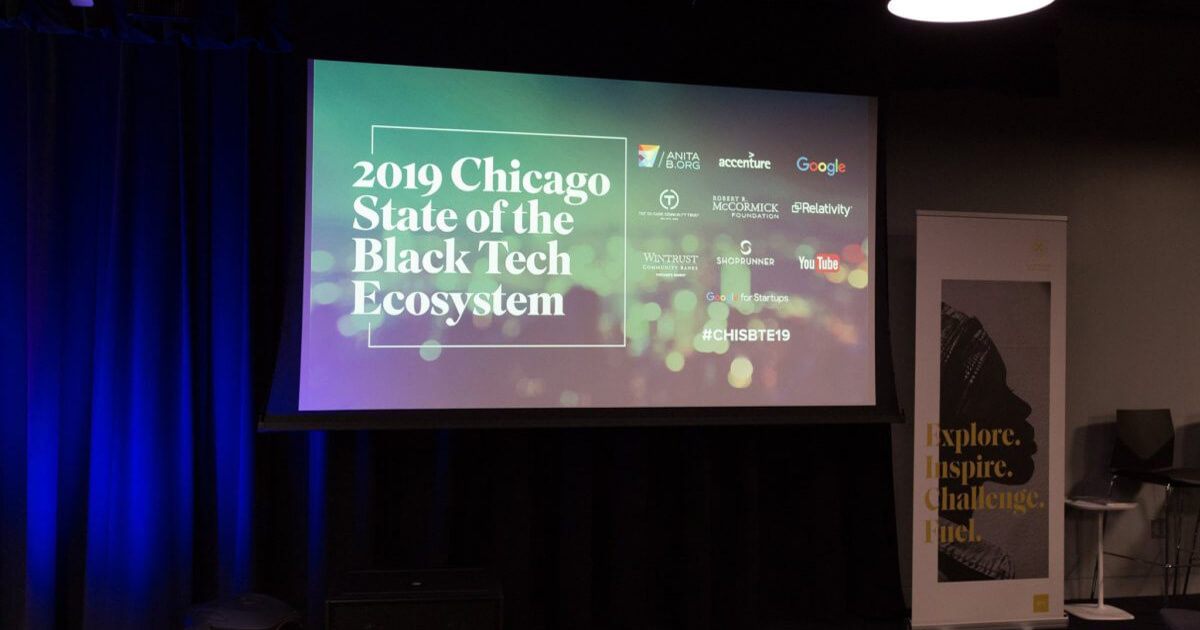The small list of publicly traded Black-led companies has a new entrant: Compass. In March, the real estate software company became the ninth publicly traded Black-owned company listed on a U.S. stock exchange. Compass founder and CEO Robert Reffkin’s success and now publicly available financials could serve as a roadmap for other Black-led companies to make the leap of eventually going public. A recent uptick in specialty purpose acquisition companies (SPAC) or blank check IPOs, which ease some of the regulatory filing requirements, might seem advantageous for more Black-led companies to go public, but an analyst explains why this might not diversify the stock exchange anytime soon.
In 2019, there were 59 SPAC IPOs in the U.S. In 2020, this number shot up to 248 and has shown no signs of slowing as 340 companies have used a SPAC to go public before the first half of 2021, accounting for 71 percent of all U.S. IPOs, according to SPAC Analytics. That sharp rise in SPACs in 2020 can be attributed to a few key factors.
A SPAC transaction is private, there is a certainty of execution and it is not subject to the same type of volatility that a traditional IPO is. It is a target investor market, absent of the roadshow, Dail St.Claire, a financial consultant and advisor at Reverence Capital Partners, told The Plug.
Skipping the traditional roadshow of founders presenting to financial institutions that might underwrite the IPO, the relative privacy and merging with a shell company to take the company public proved a more viable option under last year’s uncertainty. Speed is also a factor. SPAC mergers generally happen in three to seven months, according to St. Claire, relative to a traditional IPO, which takes 12 to 24 months.
Traditional IPOs open companies up to more exposure and speculation, and by the time companies go to market, they are subject to market volatility. A SPAC is not a shortcut to go public that requires multiple financial disclosures, that are often the same in a traditional IPO, St. Claire said. It is a regulatory reach to meet all the filing requirements to go public. For Black-led companies especially, to reach that level of readiness has been rare.¬
†In addition to Compass, another eight Black-led companies trade on American stock exchanges: real estate investment trust RLJ Lodging Trust; media company Urban One; identity data management company Ping Identity Holding; biopharmaceutical companies Global Blood Therapeutics and Axsome Therapeutics; banks Carver Bancorp and Broadway Financial Corp; and American Shared Hospital Services, a company that provides financing for medical institutions to buy medical equipment and technology. Ultimately, does the SPAC present an easier route for Black-led companies to go public? Frankly, no, St. Claire said. People think they are ready to go public and when they get down to the financial and accounting requirements, they are not. It is beginning, middle and end. By the time you get to the middle and the end, all the requirements are the same.








